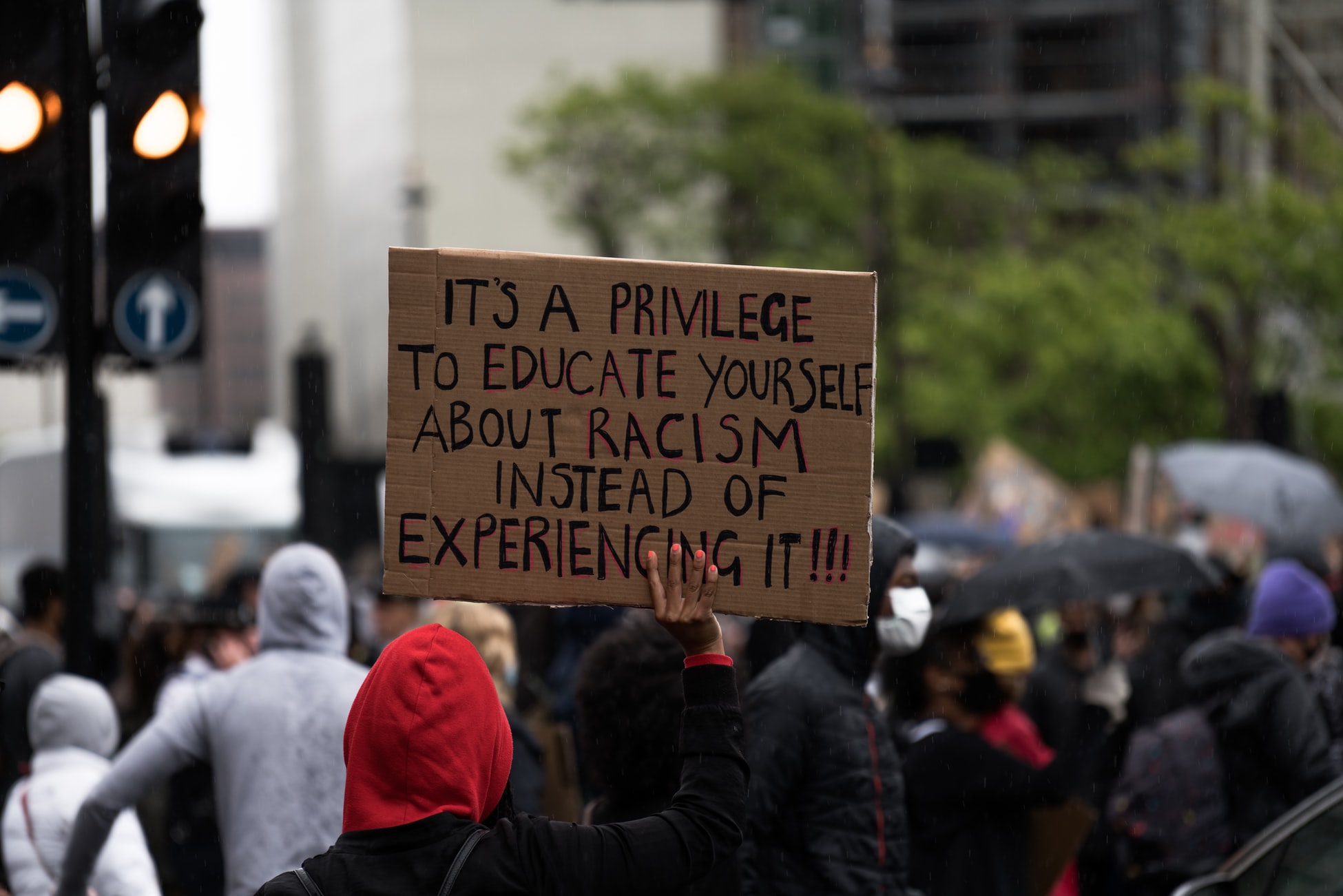Prison Reform vs Prison Abolition. This is what I think of when discussing working in the system versus against the system.
Prison reform includes things such as mental health care, improved facilities, and alterations that do not change the system while prison abolition does just that; it is for absolutely no prisons, on the basis that prisons do not actually address harms.
When I think of these two pathways, and you might agree, it seems impossible to get rid of the prison system.
One of the hosts on the Justice in America podcast episode, “Mariame Kaba and Prison Abolition,” offers a helpful framework to keep in mind when imagining a world without prisons. Essentially, getting rid of a system that has existed for so long seems unrealistic to some, but it is also something we have done before for slavery.
The prison reform path seems more practical, so it has an advantage of getting more backing. However, the cost of just altering the system leaves the structures to work against the same, marginalized people but in a separate way. For certain people who have privilege, a high socioeconomic status, etc. this cost is not as important and prison reform is a reasonable solution.
Prison abolition is “radical,” time-consuming, but sustainable. So, it will not happen all at once, but will build something else for justice that is not a replacement for prison, it is something different because it must work efficiently, and the efficient methods are fair and equitable. That said, the prison system today is working in the way it is designed to.
I see myself investing time outside of institutional systems.
When I imagine the system my first thought is government because legislation impacts everything. I want to put my energy into organizations outside of politics. I do not see myself being fulfilled working in government.
If you were to ask about working in education or healthcare, suggesting they are institutions as well, then I would see myself more working on the inside because for me I want to work directly with people and build relationships.
My vision is a lot more personal than what I imagine working inside the institution allows.


